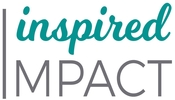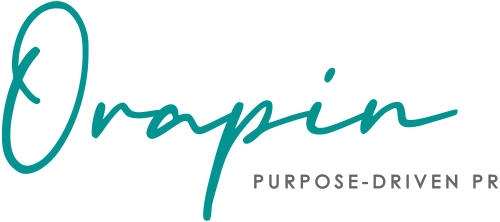 INSPIRED IMPACT™ gives voice to social entrepreneurs and leaders of purpose-driven organizations who are making an impact in their communities, industries, and around the world.
INSPIRED IMPACT™ gives voice to social entrepreneurs and leaders of purpose-driven organizations who are making an impact in their communities, industries, and around the world.
Frank Bruno is the CEO of Via Mobility Services headquartered in Boulder, CO. Follow them on Facebook, Twitter, Instagram, LinkedIn, and YouTube and learn more at viacolorado.org.
WHO ARE YOU AND WHAT DO YOU DO?
I’m Frank Bruno and I’m the CEO of Via Mobility Services. I’ve been CEO for nearly three years and prior to this role, I served on Via’s board for seven years. Previously, I was the city manager for Boulder, vice-chancellor at the University of Colorado – Boulder, an assistant city manager in Fort Collins, and ran a redevelopment authority in northwestern Massachusetts. In my first job out of college, I was involved in the redevelopment of the old Brooklyn Navy Yard in New York City, converting it into a business complex. I’ve had nearly 40 years of a career in the private, public, nonprofit, and higher ed sectors.
Via Mobility Services is a 40-year-old nonprofit community transit agency with almost 300 employees. We serve the Boulder County region and touch five counties in the Denver/Boulder metro area with one of our services or another. Our founding service was Via Paratransit, a paratransit service for people over age 55 who need a little bit of extra care in their transportation. Maybe they’ve given up the keys and they need and want to still have a measure of independence and they rely on Via to help them get that independence. Whether it’s going to the doctor’s office by themselves, or going to the senior center, or getting groceries, or even going to a performance of some kind, Via has been there for them.
Additionally, we have two contract services that we run with the Regional Transportation District (RTD) in Denver. One is Access-a-Ride, which is similar to our paratransit service, and the second is FlexRide, which is a commuter shuttle designed to avoid the need for large municipal transit buses in a certain area.
Finally, we operate a fixed-route municipal bus service for the City of Boulder called the HOP. We’ve operated that since 1994 and are beginning to transition to an all-electric fleet.
WHAT DO YOU STAND FOR? WHY DOES THE WORLD NEED YOU?
As baby boomers continue to age there are many more people that are entering the cohort that we serve, people who need a bit of extra care, people who have some physical limitation – perhaps it’s vision, perhaps it’s cognitive. The world is requiring much more paratransit service because people who are in their senior years still want to contribute to their community either through an actual job or volunteering and they’re no longer able to do that by driving themselves. Communities need this cohort to still be engaged and active. We’ve seen examples in other countries where the elders of the family are really valued and well respected and they have a lot to offer. Via is the link with the world for those who need access to transportation in order to live their lives and contribute to their communities.
WHAT IMPACT ARE YOU MAKING?
We provide about 110,000 paratransit trips a year. That’s 110,000 people who are getting a trip to a doctor, to a hospital, to a senior center. If we had more funding, it could be a million trips. We’re making a difference for people who call us and say, “My mom needs to give up the car keys. She’s devastated and thinks her life is over.” Via steps in and helps them either learn how to use public transit or helps with Via Paratransit to transform people’s lives making it possible for them to participate in the community. It’s staggering the impact that it has on people.
WHAT (OR WHO) INSPIRES YOU TO MAKE THIS IMPACT?
The riders inspire not just me, but all of us. The beauty is that we have riders who come from all walks of life. Because we’re a university city, we have riders that were faculty members at the university. We have former physicians, we have attorneys, we have rocket scientists, we have people who work in kitchens and hotels, people who were recent immigrants and proud new citizens. These are the folks who we’re connecting with our community. When you think about the ancient Egyptians and how they arranged their cities, and the Greeks and the Romans as well, and look at the care they took in establishing infrastructure you can see that it wasn’t just for the sake of having an infrastructure. It was to have a community and a community where their population could thrive and where their elders could be revered and remain part of their world and contribute to the art, the literature, the health, and wellbeing of the community. That is what really motivates me in a broad sense. That, without transportation, a community really is not much more than a gathering place. But with transportation, a community thrives and an economy can boom but only if you’re able to get people where they need to be.
WHAT’S YOUR VISION, YOUR BIG DREAM, FOR THE ORGANIZATION AND THE IMPACT YOU WANT TO MAKE?
RTD used to be pretty engaged in local community transit but has focused more on their light rail service or long haul routes in recent years. As that shift continues, I envision positioning Via Mobility Services to be the local solution for the City of Boulder, the City of Longmont, the City of Louisville, and the Town of Superior. So that when these municipalities work to reestablish local transit without RTD, they look to Via to be their provider. My job is to make sure that we, as an organization, understand the excellence that’s required to be the solution these communities turn to and I’m working to create an organization that believes in and is proud of its ability to provide excellence.
WHAT RESOURCES DO YOU NEED TO MAKE THAT DREAM COME TRUE?
Well, we certainly need the communities to fund it. The reality is that the true cost of transit is never going to be paid by the riders so it really needs to be subsidized by either local government and/or business or a combination of the two. The other thing we need is to establish a technology fund that is supported by some of the heavyweight tech people in our region. We’re building a nest egg to buy electric buses in a more timely fashion and also convert our facility, which already has a good measure of solar panels and battery to store power, to more of an electric platform. That will require a pretty robust tech fund of $10-15 million to enable us to make matches to grants to transition our facility into something that can be a role model for the rest of the state.
WHAT CHALLENGES ARE YOU FACING?
Obviously funding, but we are also challenged with closing the gap between what people are willing to pay and what transit actually costs in the face of declining federal and state revenues that have historically helped to support this work. We’ve been challenged with communicating not just with our ridership, but the community in general, that transit is expensive and it’s not going to be paid for the way it’s always been paid for by the government. We all have to figure out how to make it more cost-efficient. We are looking for ways to capture the efficiency along a route by optimizing that route incorporating the fixed costs for vehicles and drivers.
WHAT WORDS OF ADVICE DO YOU HAVE FOR OTHER LEADERS LOOKING TO MAKE AN IMPACT?
In my perspective, it’s for the leader, whether they’ve just been selected to head an organization or a city or a university, to really understand not just the entity they’ve been brought in to lead, but the time, the era that they’re serving in. They need to understand that because it helps shape what they need to do in the light of a certain reality. Someone may think, “If I ever become a city manager, I’m going to do this and this and this and this.” That’s wonderful, but if the reality is that the community and the region need something vastly different, then they’ve designed what they think will be their signature on the organization or the city but it may have absolutely nothing to do with the reality of what is needed. So, leaders need to understand the time that they’re chosen to serve within.
The other thing leaders need to have is courage because whether the challenge is funding or the challenge is finding qualified staff and retaining them, and whether they have five employees or 1,500 or 15,000, the employees look to the leaders of the organization to set the tone and to have courage. There are very few guarantees that an organization is going to be around tomorrow and the only way it’s going to be is if the leader has the courage to step up and lead their staff and help them see where they need to go.
WHAT’S ONE THING YOU WANT PEOPLE TO KNOW ABOUT THE IMPORTANT WORK YOU’RE DOING?
That it changes lives. I believe fully that providing transportation can extend a person’s life and their contribution and you never know what that can mean. We may have people who are retired but still doing research at the university and who knows what their research is going to yield and because of Via, they’ve been able to get to that lab and continue that research. Or, maybe they’ve been able to make a difference in a kid’s life because they’ve been able to get to a school or a house and help mentor or teach. Via is so much more than transportation. It helps people engage. That is the impact that we make and you really cannot put a price tag on the importance of it to a community. It’s very significant.
HOW CAN OTHERS SUPPORT YOU OR YOUR CAUSE?
Obviously, donate money. That’s the easy thing to say, but not necessarily easy for people to do. People can also help spread the word about what Via is, what we do, and the impact we make. We’ve been around for 40 years and I still hear people say they’ve never heard of us or that they thought we were a part of RTD or a part of the city. We want people to know that Via is a full-service community-owned, community-based nonprofit transit provider that provides door-through-door paratransit, municipal transit, and business commuter transit, and we’re going to do much more of that in the years ahead with increased efficiency and in a sustainable way with renewable power.
Orapin Marketing + Public Relations supports the growth and impact purpose-driven organizations that are making a difference in the world. We share their stories, news, and valuable expertise to raise awareness, build trust, and enhance reputation to foster meaningful relationships with their stakeholders. If you would like to be featured on INSPIRED IMPACT™, reach out to hello@orapinmarketing.com.

